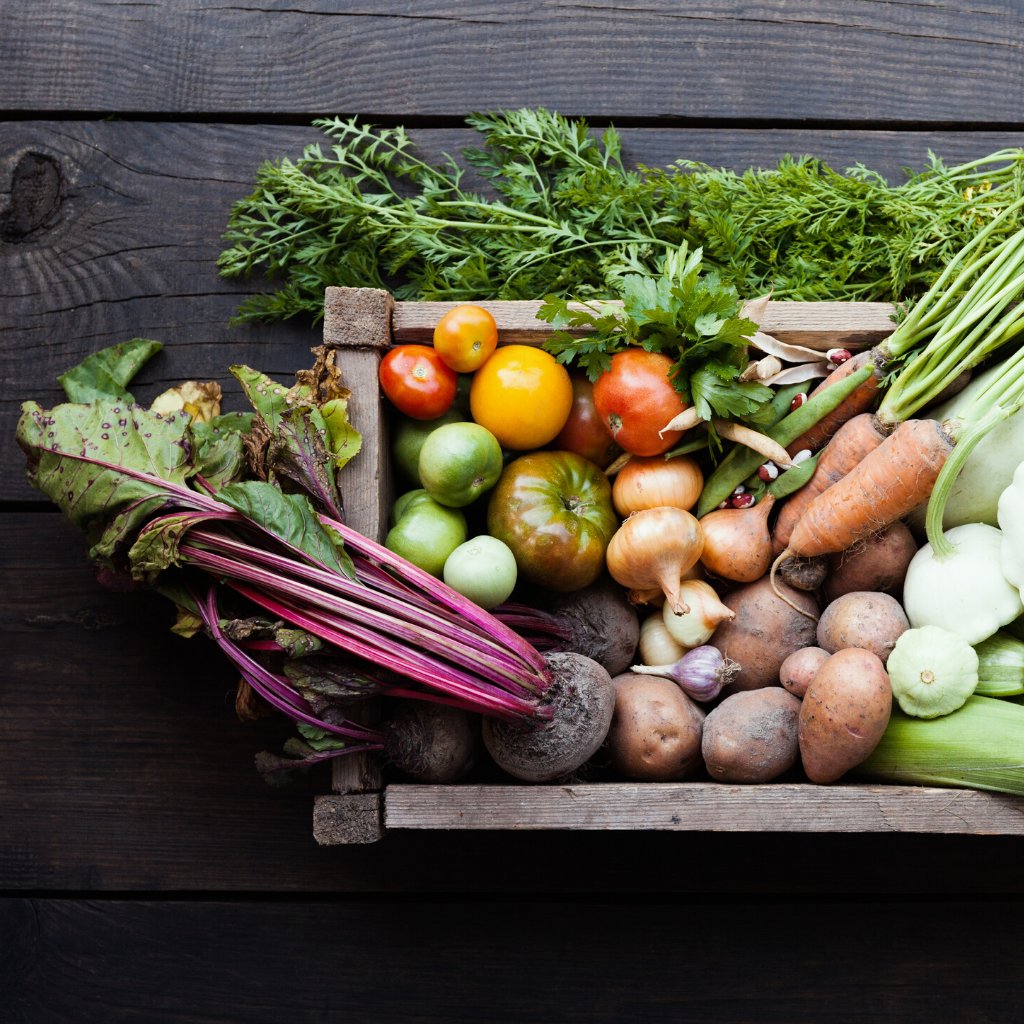
5 Vitamins and Minerals to support your immune system
Share
With the emergence of Coronavirus, we've had a lot of enquiries about how to best prepare ourselves. Good hand hygiene, a healthy diet, sufficient sleep, fresh air, and sunshine are a few ways to keep our immune systems in tip-top shape. We can also make use of nutritional powerhouse vitamins and minerals to boost our immune systems. Often the amount in food alone is not enough to boost our immunity and supplementation may be needed for a short or long period of time. Here are a few of our favourites...
Vitamin C levels in the body and especially in white blood cells rapidly decline during infections and stress. Supplementation of vitamin C was found to improve the immune system and appears to be able to both prevent and treat respiratory and systemic infections.1 Vitamin C is a potent antioxidant that supports the body in times of illness and stress. Supplementation of Vitamin C has been shown to boost the immune system and may both prevent and help to treat respiratory and systemic infections.2
Foods high in Vitamin C are blackcurrant, citrus fruits (oranges, limes, and lemons), berries, kiwifruit, tomatoes, and broccoli.
Zinc is an important nutrient with well-known immune-boosting properties. It is involved in the production of white blood cells, which helps our bodies to fight infections. Zinc supplementation has been linked to improved symptom-control and shorter durations of respiratory tract infections.1
Foods rich in zinc include red meat, poultry, beans, nuts, and seafood.
Vitamin D helps our immune system respond to bacteria and viruses. Deficiency in vitamin D is associated with increased susceptibility to infection.3
One study suggested that vitamin D3 supplementation during the winter may reduce the incidence of influenza A.4
The best source of natural vitamin D is sunlight. Just spending a few minutes outdoors on most days of the week should give you all the vitamin D you need. Very few foods contain much vitamin D. The best food sources of vitamin D are fatty fish like salmon, herring and mackerel, and eggs. In Australia, vitamin D is added to some foods (fortified) such as margarine, soy drinks, bread, and cereals.
Vitamin E supplementation above current dietary recommendations has been shown to enhance the function of the immune system and reduce the risk of infection, particularly in older individuals.5
Some sources of vitamin E include vegetable oils, nuts, green leafy vegetables, and fortified cereals.
Vitamin A plays an essential role in regulating the immune system and helping the body fight off infections. Deficiency in vitamin A impairs immunity, induces inflammation, potentiates existing inflammatory conditions, and impairs the ability to defend against pathogens.6
Vitamin A is found in meat, poultry, fish, and dairy products. The precursor to vitamin A (known as beta-carotene) is found in fruits, vegetables, and other plant-based products.
To ensure your body is ready to handle any cold and flu this winter, make sure to start supplementing from now! For more information, call, email, or check out our Cold and Flu Season page.
For a more personalised approach, call or email us about how to get a tailor-made supplement to meet all your vitamin and mineral needs.
1. https://www.ncbi.nlm.nih.gov/pubmed/16373990/
2. https://pubmed.ncbi.nlm.nih.gov/29099763/
3. https://www.ncbi.nlm.nih.gov/pmc/articles/PMC3166406/
4. https://www.ncbi.nlm.nih.gov/pubmed/20219962/
5. https://iubmb.onlinelibrary.wiley.com/doi/full/10.1002/iub.1976
6. https://pubmed.ncbi.nlm.nih.gov/17726308/